CYBER CRIMES
Home » Criminal Defense » Louisiana Internet Crime Lawyer
Louisiana Internet Crime Lawyer
Criminal Defense Attorney for Computer Crimes in Shreveport, Bossier City, and the Surrounding Areas
In today’s digital age, computer crimes have become increasingly prevalent, and individuals facing allegations of cybercrimes need experienced legal representation more than ever. If you find yourself in the crosshairs of computer crime charges in Shreveport, Bossier City, or the surrounding areas, you need a knowledgeable and dedicated advocate by your side.
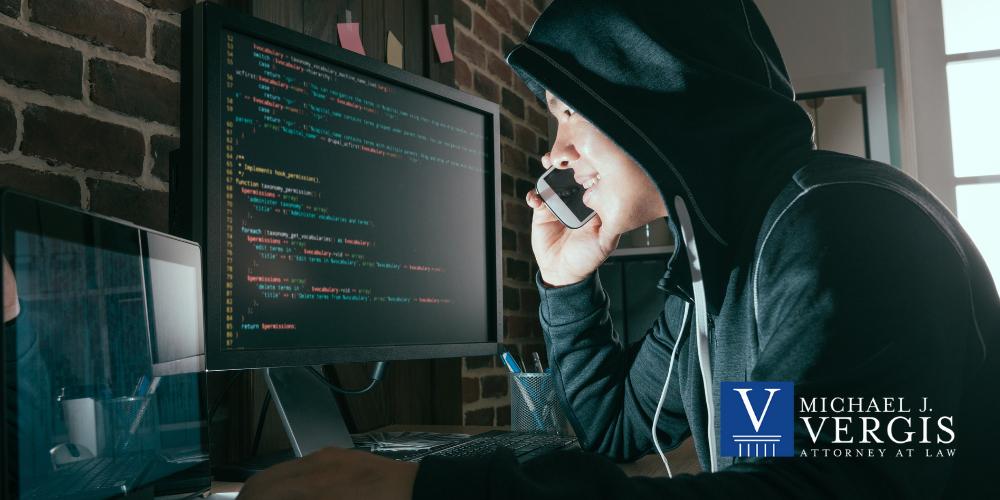
Shreveport-Bossier criminal defense attorney Michael J. Vergis understands the complex nature of computer-related offenses, as well as the nuances surrounding them. With this knowledge, along with his extensive experience in criminal defense law, he can help provide you with the strong defense you deserve.
Call our law firm at (318) 698-3724 to schedule a free consultation with Attorney Vergis regarding your criminal case.
What is an Internet Crime?
An internet crime, also known as a cyber crime, refers to any unlawful activity that takes place in the digital realm, using the internet or computer technology as a means to commit a crime. These crimes include various illegal activities, such as hacking, identity theft, online fraud, cyberbullying, and various other forms of online harassment. These crimes can also target just about anyone, from individuals to organizations to even governments, and often are committed in order to compromise sensitive data, steal personal information, disrupt services, or engage in other illicit activities.
Common Types of Cyber Crimes
There are a wide variety of cyber crimes that violate a number of state and federal laws. Below are some of the most common types of internet crimes people commit.
Identity Theft
Identity theft is a serious cybercrime in Louisiana where an individual’s personal information, such as their name, social security number, or financial details, is unlawfully obtained and used for fraudulent purposes, usually for financial gain. Louisiana identity theft charges are defined under La. R.S. § 14:67.16 and is a punishable criminal offense.
Online Impersonation
Like identity theft, there are other internet crimes that involve utilizing another person’s information or likeness. Online impersonation, as defined by La. R.S. § 14.73.10, involves intentionally impersonating another actual person on the internet with the intent to harm, intimidate, threaten, or defraud. This form of internet fraud, commonly known as ‘catfishing,’ can include things like opening emails or social media accounts in someone else’s name or sending messages under another person’s name.
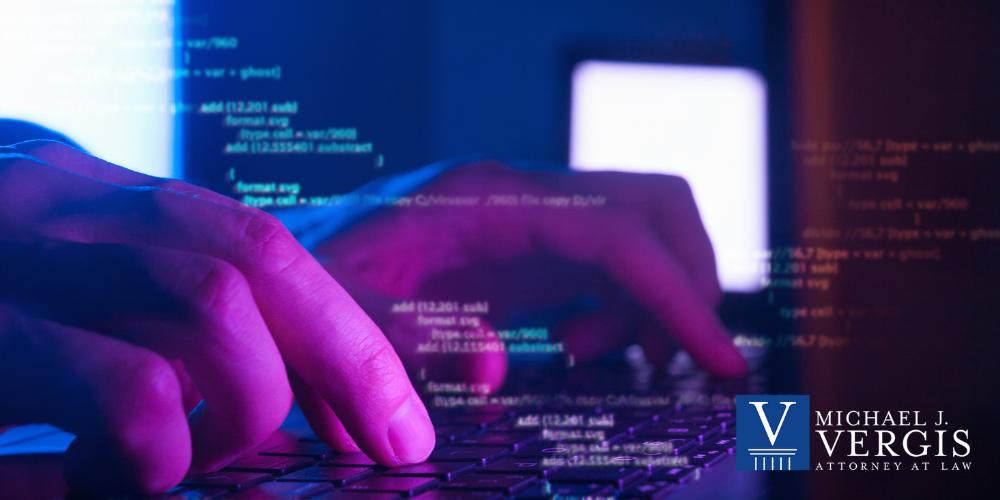
Phishing Scams
Phishing scams are deceptive forms of e-mail correspondence used to trick individuals into revealing sensitive information, such as login credentials, personal details, or financial information. In these scams, criminals send fraudulent emails that appear to be from trustworthy sources, like banks or government agencies, to lure victims into clicking on malicious links or providing their information. Phishing is outlawed in Louisiana under La. R.S. § 14.73.6.
Credit Card Fraud
Credit card fraud involves the unauthorized use of someone else’s credit card or credit card information to make purchases or withdraw funds without the cardholder’s consent. Cybercriminals may obtain credit card details through hacking, malicious internet transmissions, card skimming, or purchasing stolen card information on the dark web in order to commit financial fraud.
Online Harassment and Cyberstalking
Online harassment and cyberstalking refer to the use of digital platforms to engage in persistent and harmful behavior aimed at intimidating, threatening, or causing emotional distress to individuals. In Louisiana, cyberbullying is the use of any electronic communication to coerce, abuse, torment, or intimidate a person under the age of eighteen (La. R.S. § 14:40.7).
Similarly, cyberstalking is defined in La. R.S. § 14:40.3 as the act of using electronic communication to send threats of bodily harm, repeatedly harass, or make false statements in order to blackmail, threaten, or harass another person.
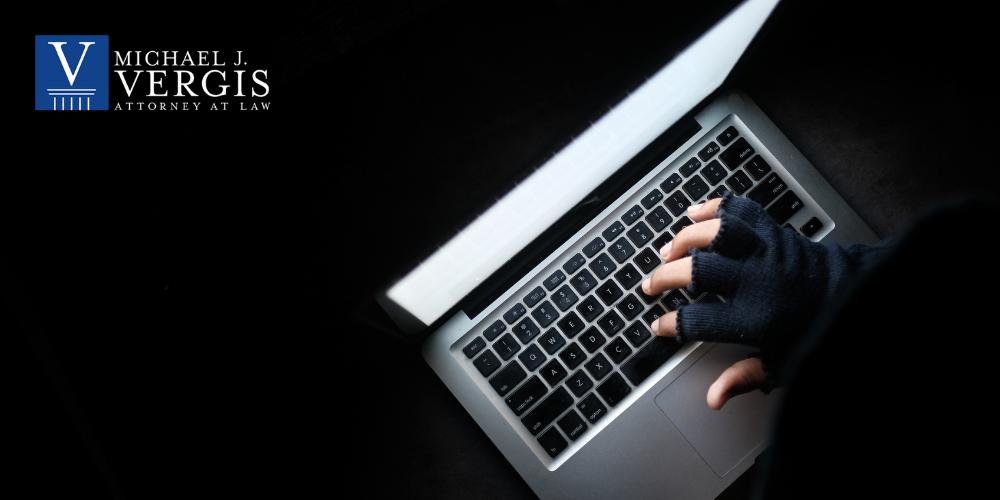
Internet Sex Crimes
While some cyber criminals use the internet for financial gain, some computer users use the internet to commit sex crimes. Below are some of the most common internet sex crimes that people commit.
Child Pornography
Child pornography involves the creation, distribution, possession, or sharing of sexually explicit images or videos featuring minors, or those under the age of consent. Law enforcement agencies and online platforms actively collaborate to identify and combat those involved in the production and distribution of such material. In Louisiana, this computer crime is a serious offense with severe legal consequences, which are outlined in La. R.S. § 14.81.1. If you’re charged with this offense, you need the help of a skilled Louisiana child pornography defense lawyer.
Revenge Pornography
Revenge porn, also known as non-consensual disclosure of a private image, occurs when explicit images or videos of an individual are distributed without their consent. This is often done as a form of revenge, harassment, or coercion, and is illegal in Louisiana (La. R.S. § 14:283.2).
Deepfake Pornography
Another form of illegal porn is deepfake porn. Louisiana law defines a “deepfake” as any audio or visual media altered to falsely appear authentic or replace one person’s likeness with another’s. La. R.S. § 14.73.13 outlaws the creation, possession, distribution, and promotion of deepfake materials used to depict minors or non-consenting individuals engaging in sexual conduct.
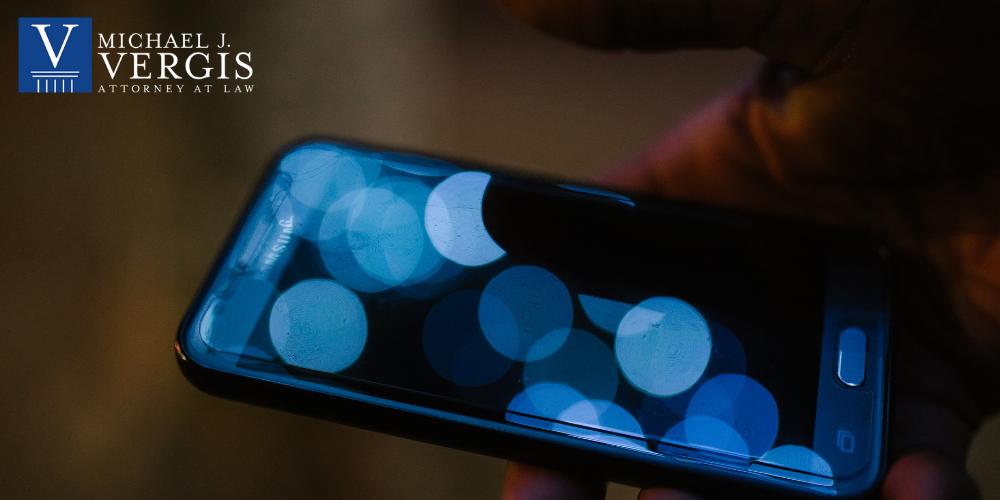
Sexting
Sexting refers to the act of sending sexually explicit text messages, images, or videos via electronic devices, typically between consenting adults. However, it is illegal for two minors to engage in sexting with one another. Engaging in these prohibited communications in Louisiana can result in fines, jail time, and community service (La. R.S. §1 4.81.1.1).
Sextortion
Sextortion is a relatively new internet crime in which someone uses another person’s sexual history, their sexual orientation, or private images of them in order to extort them. The perpetrator will threaten to reveal/distribute this sensitive information or material in order to receive sexual favors or money from the victim. Blackmailing in any form is illegal in Louisiana (La. R.S. § 14.66), but sextortion cases can be extremely delicate, due to the intimate nature of the crime.
Online Solicitation of a Minor
Adults can commit online solicitation of a minor in Louisiana when they use the internet to communicate with people they believe to be minors in order to engage in sexual activities or obtain explicit content from them. Like other sex crimes involving minors, online solicitation of a minor can carry serious consequences, including fines and jail time, which are outlined in La. R.S. § 14.81.3.
Online Scams
Online scams encompass a wide range of deceptive activities carried out on the internet with the intention of defrauding individuals or organizations. These scams can take various forms, including lottery scams, romance scams, and other forms of fraud. Perpetrators often create fake personas, websites, or emails to lure victims into sending money or divulging personal information. The penalties for this kind of computer crime can be found under La. R.S. § 14.73.5.
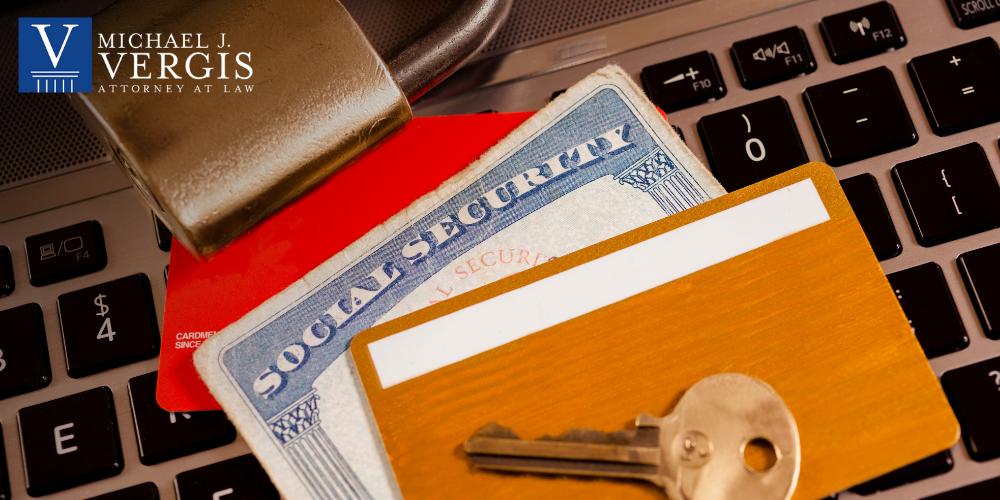
Hacking and Unauthorized Access
There are both state and federal laws that prohibit “hacking,” or gaining unauthorized entry into computer systems, networks, or devices with the intent of stealing data, disrupting services, or committing other cyber crimes. US federal hacking laws can be found under Title 18 U.S. Code § 1030.
In Louisiana, it’s illegal to obtain certain authorizing information with the intent to commit fraud (La. R.S. § 14.70.4). This information can include passwords, social security numbers, checking and saving account numbers, and other means of account access that could be used to obtain anything of value. Hacking computers for the purpose of stealing this data can result in criminal penalties. It is also illegal to hack state computer systems for any reason (La R.S. § 14.73.12).
Piracy and Intellectual Property Theft
Digital piracy and intellectual property theft involve the unauthorized reproduction, distribution, or use of copyrighted material, trademarks, patents, or other intellectual property without the owner’s permission. This internet crime encompasses activities such as illegal downloading and sharing of copyrighted content, counterfeit products, and software piracy. Punishments for this federal crime can be severe, especially on a person’s second or subsequent offense (Title 17 U.S. Code § 1204).
Data Breach and Information Theft
There is certain data that is regulated and protected by both state and federal law, including information such as:
- Educational data
- Data affecting minors
- Health data
- Financial data
- Biometric data
Data breaches involve unauthorized access or acquisition of sensitive or confidential information, such as personal, financial, or medical data, from organizations, businesses, or individuals. These breaches can occur due to cyberattacks, hacking, or inadvertent exposure of data.
Cybercriminals often exploit this stolen data for various purposes, including identity theft, financial fraud, or selling the information on the dark web.
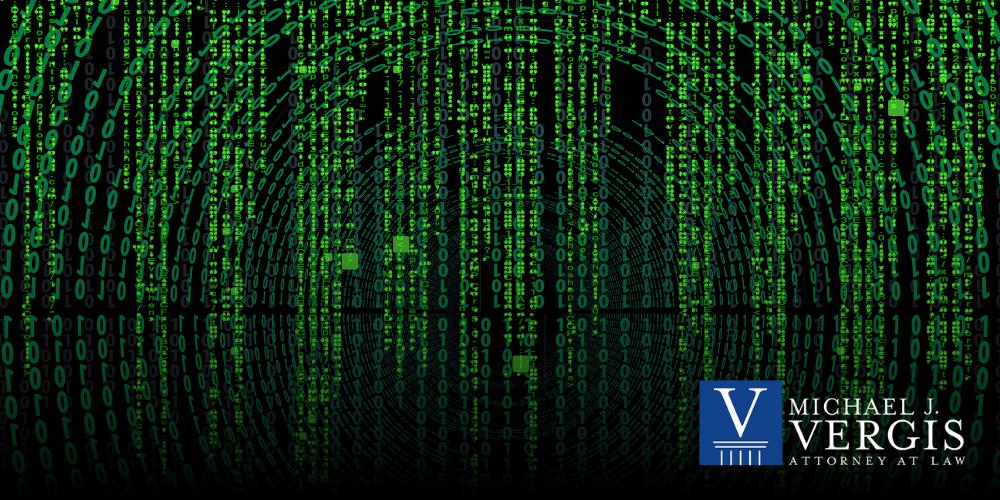
Ransomware and Malware Attacks
Ransomware and malware attacks, sometimes referred to as “cyber incidents,” are digital attacks in which malicious software is deployed onto a victim’s computer or network. This is often done with the aim of encrypting the victim’s data and demanding a ransom in exchange for a decryption key. Ransomware attacks can disrupt operations, lead to data loss, and result in financial losses for individuals and organizations.
What are the Penalties for Internet Crimes in Louisiana?
Different internet crimes have different penalties, with some resulting in misdemeanor charges and others resulting in felony criminal charges. Internet sex crimes often have the most severe penalties, but many others can have severe penalties at both the state and federal levels.
Those facing internet crime charges can check the specific legal statute related to their charge in order to find the penalties for that individual crime. People accused of any of the above internet crimes should also contact a local defense attorney who can help build a strong defense against these crimes and avoid severe penalties like lengthy prison sentences.
How Shreveport-Bossier Criminal Defense Lawyer Michael Vergis Can Help
When facing criminal charges in the Shreveport/Bossier City area, having a seasoned and dedicated criminal defense lawyer on your side can make all the difference. Attorney Michael J. Vergis is a trusted advocate with a wealth of experience in defending individuals against various criminal charges, providing clients with expert guidance and effective representation every step of the way.
Defending against computer crimes requires an in-depth understanding of both federal and state laws regarding the internet, as well as the skill to handle these nuanced cases. His years of practice in Louisiana’s criminal justice system have equipped him with a deep understanding of state and federal laws, courtroom procedures, and a wide range of criminal cases.
Not only that, but he provides each of his clients with a personalized approach, ensuring that they receive the best defense for their given situation. Attorney Verfis also works hard to defend the rights and liberties of his clients. He believes in the principle of being innocent until proven guilty and will work tirelessly to ensure that you receive a fair trial and an effective defense.

Call The Law Offices of Michael J. Vergis for Dedicated Legal Representation Today
When your future and freedom are on the line, securing experienced legal representation is paramount. Luckily, Louisiana internet crime lawyer Michael J. Vergis is here to defend your rights and interests both inside and outside the courtroom. Whether you’re facing charges related to cybercrimes, internet sex crimes, or any other criminal offense, Michael Vergis is ready to stand by your side and advocate on your behalf.
If you are facing charges for computer crimes, The Law Office of Michael J. Vergis is here to provide you with the legal guidance and representation you need to navigate the legal system and receive a favorable resolution to your case.
Call our law office at (318) 698-3724 or reach out online for a free initial consultation and take the first step toward protecting your rights and your future.


